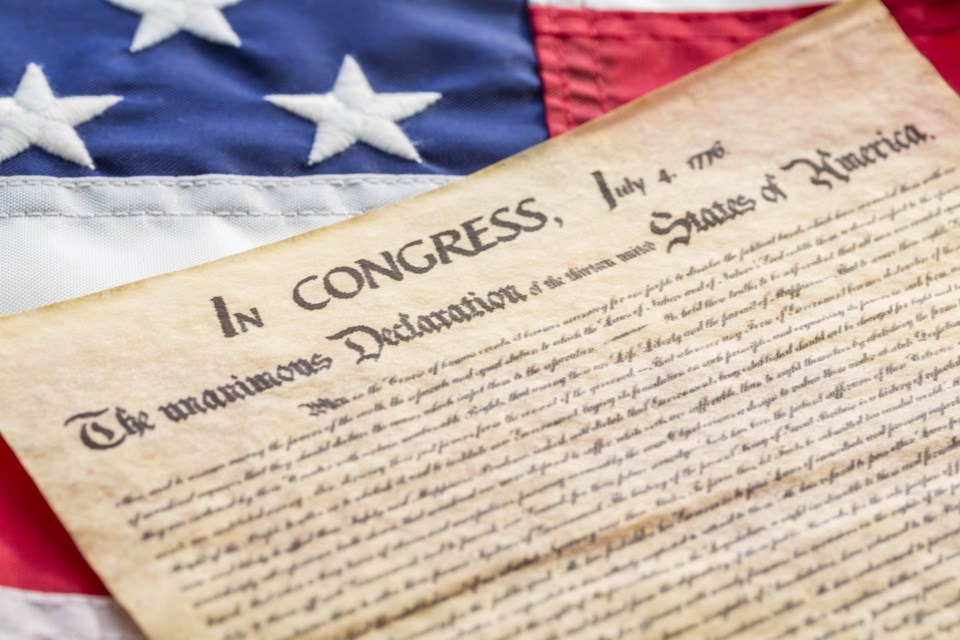The Arlington Historical Society has been designated as the county’s central clearinghouse for celebrations related to the nation’s 250th birthday.
County Board members on Aug. 8 voted 5-0 to formally participate in the state government’s effort at commemorating the rather unwieldy named “semiquincentennial” (or “half of 500 years”) that will reach its apex on July 4, 2026.
In so doing, the board also approved the historical society as the local community’s go-to source for planning and executing commemorative events.
“It’s really not necessarily a government thing; it’s a community thing,” County Board Chairman Christian Dorsey said, thanking the historical society for having accepted the call.
Somewhat understatedly, the board chairman said that the planned commemoration is “not something that comes along every day.”
The board’s resolution, passed 5-0, to partner with Virginia’s American Revolution 250 Commission (“VA250”) wasn’t entirely altruistic. Signing on was a prerequisite before any locality can become eligible for state cash in support of the effort.
(In perhaps a “close enough for government work” moment, the county resolution mistakenly calls it the “Virginia America 250 Commission.” The error is would seem minor enough not to negate the intent of the resolution.)
Dorsey said he hopes that local and state officials would be able to “tag team” for a host of programs providing “an inclusive understanding of our nation’s history.”
The 27-member VA250, established by the General Assembly in 2020, will focus primarily to commemorate the period leading up to the declaration of American independence in 1776. But its charter runs through 2032, 250 years after peace between the warring parties informally took effect.
The Treaty of Paris, in which Great Britain formally recognized American independence, came a year later, in 1783.



